Of 189 countries in the 2021/22 Human Development Index, Honduras is ranked 137th. Seven in ten Hondurans live in poverty, almost five of them in extreme poverty. Since October 2018, large numbers of people have attempted to migrate north, travelling in highly publicized caravans for safety. Remittances from Hondurans living abroad to their families constitute 18% of the Honduran gross domestic product.
Category 4 hurricanes Eta and Iota hit the north coast of Honduras in November 2020. The most severe such natural phenomena in 20 years, they left 91 people dead and adversely affected 600,000 families, with more than 56,000 forced into temporary shelters. Flooding and destroyed infrastructure caused an estimated US$1.8 million in damages, compounding the economic fallout of the COVID 19 pandemic and highlighting Honduras’s extreme vulnerability to climate change.
In November 2021, Honduras elected its first woman president, Xiomara Castro, leader of the progressive Libre Party. Hondurans greeted her election with joyful celebrations after struggling against human rights violations, corruption and drug trafficking during the presidency of Juan Orlando Hernández, currently in prison in the United States on drugs and weapons charges.
Castro inherited the legacy of a 2009 coup d’état against her husband, Manuel Zelaya, who is constitutionally barred from running for a second term as president. The coup was followed by a severe crackdown on social movements, women’s organizations, the human rights sector and the media. Nearly 15 years after the coup, the country’s institutions remain weakened by the corrupt practices of the Hernández administration, its cities are ravaged by gang violence, and anti-democratic laws stifle social movements and muzzle the press.
The former administration embezzled public funds earmarked for health care and food production, using the money to fund political campaigns. The Hernández administration also gave hundreds of concessions of territory and natural resources for extractive projects—including logging, gas drilling, monoculture farming for export, and mining—to its political supporters in the business elite. Communities evicted from their lands by such projects are forced into lives of indigence, squatting in often environmentally dangerous areas without services, and swelling the ranks of the poor in cities, where they are vulnerable to criminal gangs.
The Hernández government promoted megaprojects in mining, logging, and hydro-electric and solar power as the solution to poverty. Instead, those projects brough murders and land evictions, particularly in Indigenous and Garifuna communities. Examples include
It is still common for environment defenders to be criminalized by a biased judiciary from the former administration.
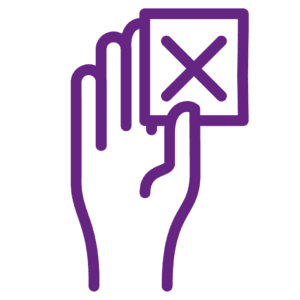

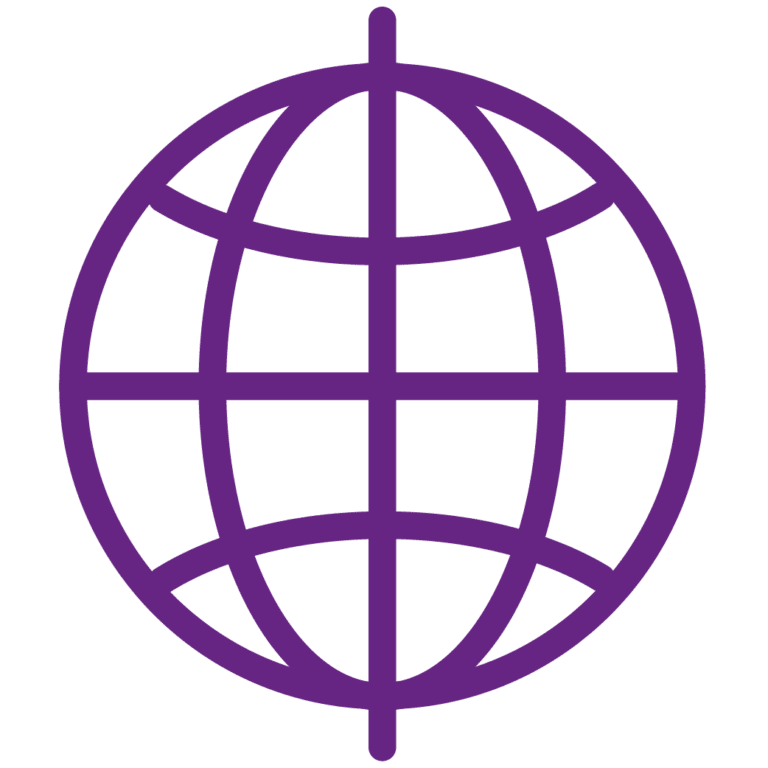

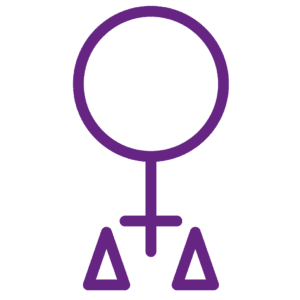

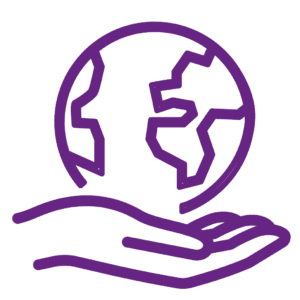

Development and Peace – Caritas Canada has supported projects in Honduras since the 1970s, when our work began with Quebec missionaries. After Hurricane Mitch killed 7,000 people and left 1.5 million people homeless in 1998, Development and Peace co-ordinated a major reconstruction effort and worked with Church partners to promote citizen participation and leadership in the process. The program resulted in hundreds of civilian committees working with the Church in affected dioceses, particularly in the south of Honduras. These committees are still active, and are key participants in the projects we fund today.
After Hurricane Mitch, Canada supported a controversial scheme to attract foreign mining investment to Honduras. Specifically, Canada participated in developing a new mining law that Church leaders described as “putting the country on a silver platter and offering it to investors, to the detriment of our communities, for nothing.” This law led to the arrival of scores of Canadian mining companies, whose operations fostered corruption, environmental destruction and displacement of communities.
The communities we work with are fighting mega-projects that are displacing them from their land. Our successes in Honduras larise from our long, historic presence in the country and our experience accompanying communities over time.
Our projects promote the dignity of poor Hondurans by
Part of our work in Honduras is being carried out by the Voices Without Borders in Defence of Lives and Lands project, thanks to funding from the Government of Quebec’s NQSF (Nouveau Québec sans frontières) program. We are training rural grassroots radio correspondents who report on human rights and land and territory issues.
Since the Libre Party’s policies were shaped by social and human rights movements, our partners look to the future with greater hope. The new government has cancelled new open-pit mining concessions and is committed to respecting laws that protect rural and Indigenous communities’ rights to remain on their lands. The government is also committed to tackling the scourge of corruption that has stifled development. Yet many outdated laws favour business elites. Also, attitudinal changes will be necessary to promote human rights, inclusion and development in many sectors. Machismo is still deeply rooted, as is discrimination against Honduran minorities, including Indigenous and Garifuna communities. Sexual violence against women remains common.
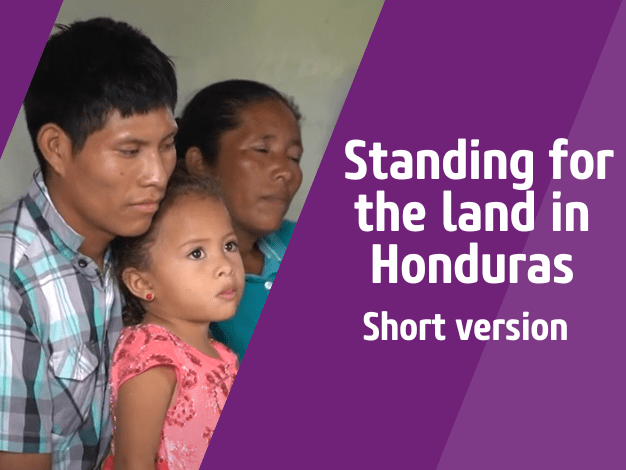

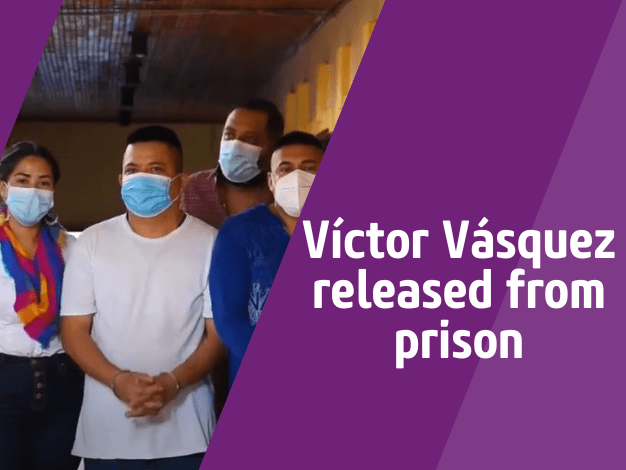

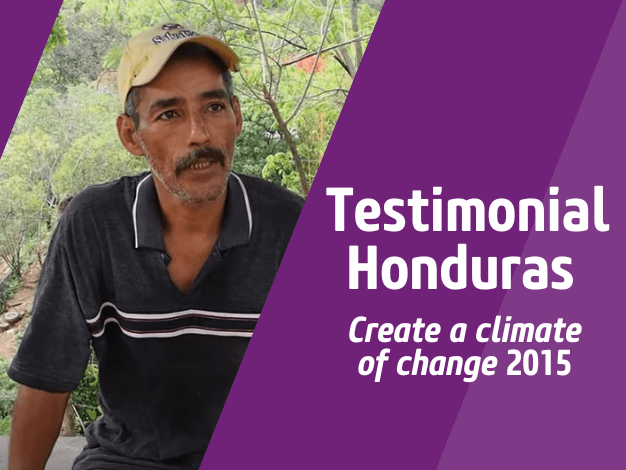

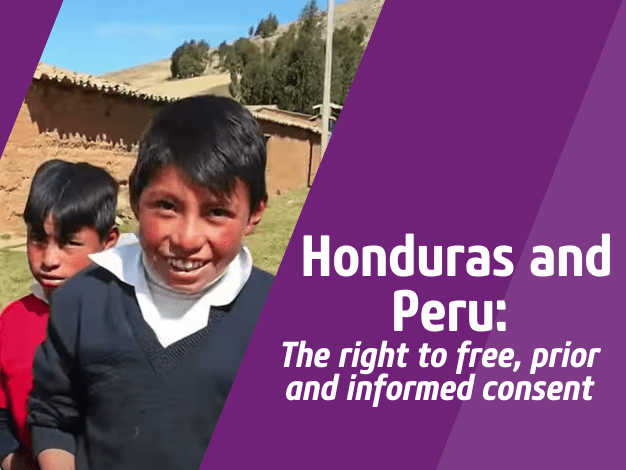

About us
Our work
Get involved
Ways to give
Resources
Get in touch
555 René-Lévesque Blvd. West, 8th Floor
Montreal (Quebec) Canada H2Z 1B1
Phone: 514-257-8711
Toll-free: 1-888-234-8533
Fax: 514-257-8497
Email: info@devp.org
Charity number: 1 1882 9902 RR 0001


Our international cooperation program is carried out in part with the financial support of the Government of Canada acting through Global Affairs Canada.
Development and Peace — Caritas Canada is the official international solidarity organization of the Catholic Church in Canada and the Canadian member of Caritas Internationalis.
Copyrights © 2024
Don’t miss anything about the work of our international partners or our awareness and mobilization campaigns.
Sign up now for our newsletter.